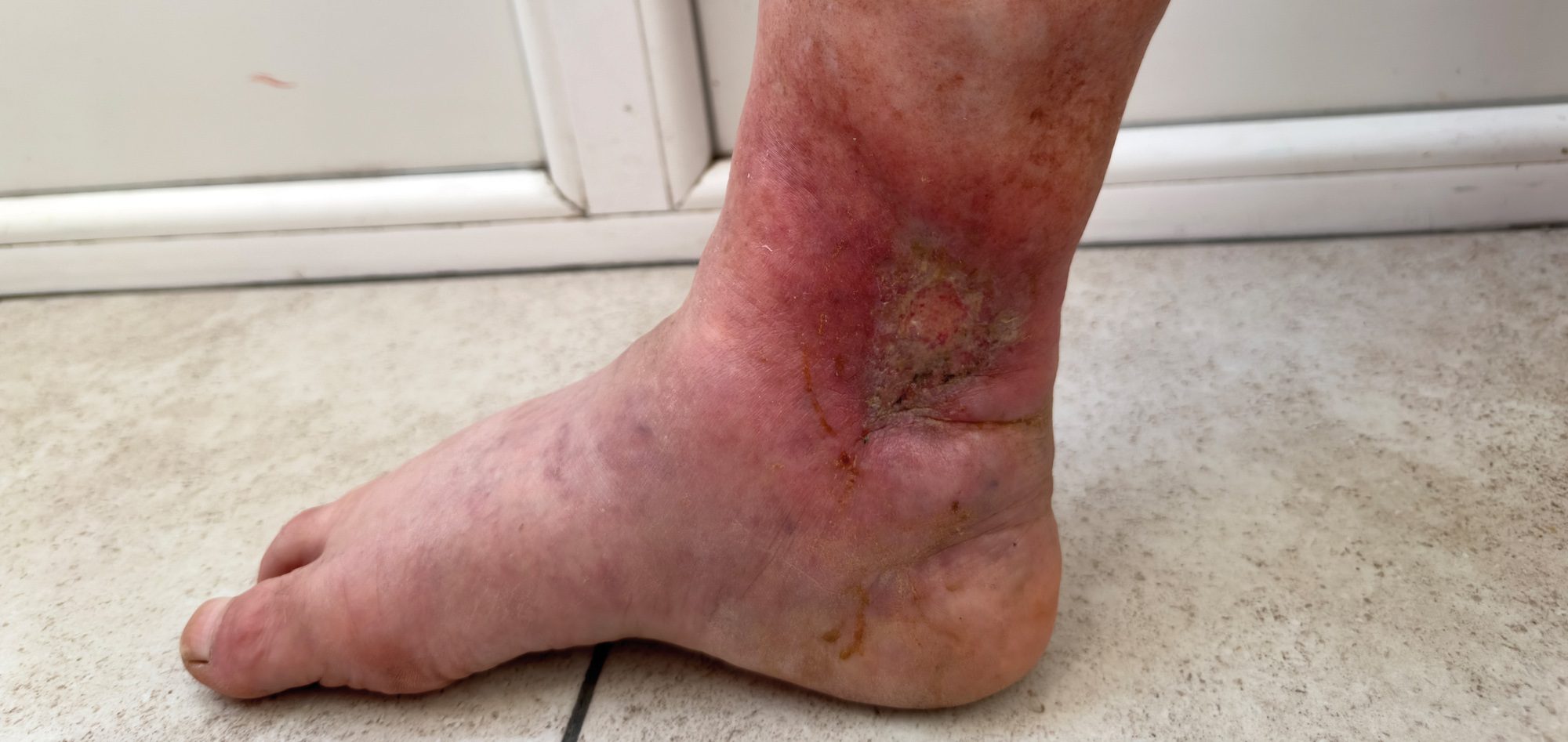Adherence can be a challenge for patients with severe mental disorders. The majority of people with schizophrenia do not take their medication as prescribed. However, the fact is that a medication can only work if it is taken. Switching to a long-acting atypical can be effective in this case.
Good treatment adherence leads to fewer hospitalizations and a lower risk of relapse. However, the proportion of non-adherent patients is extremely high, especially when taking psychotropic medication for severe psychiatric disorders. Around half of patients do not take their medication as prescribed – with schizophrenia patients leading the way [1]. This leads to a four-fold increase in the risk of relapse and, among other things, to a higher number of episodes and a longer stay in hospital [2]. Effective and well-tolerated preparations are available, as shown not only by clinical studies but also by real-world data [3]. These include, for example, the atypical antipsychotic aripiprazole. It can be administered orally on a daily basis or as a 1-month or 2-month depot medication. The active ingredient binds with high affinity to the dopamine D2 receptor and, unlike most other neuroleptics, has a partial agonistic effect there. Among other things, it behaves agonistically when dopamine is absent and antagonistically as soon as its activity is increased [4]. Various studies have shown that aripiprazole significantly prolongs the time to relapse compared to placebo and achieves good long-term control of positive and negative symptoms [5]. In addition, the active substance maintained personal and social functionality, which also had an effect on improved quality of life [6].
Good effect with a longer interval
The only question is how to ensure that the active substance is actually taken. It has been shown that long-acting depot antipsychotics are associated with improved adherence and greater clinical benefit compared to oral administration [7]. This is because the improved treatment persistence leads to better clinical stability. This time gained in a stable state can be used to implement psychosocial treatments. In this way, functional capacity can be increased and patients can be returned to regular employment. In addition, the longer half-life allows greater leeway in the event of unintentional or intentional skipping of an injection. A further advantage is the potential to reduce the risk of stigmatization and self-stigmatization of those affected [8]. In fact, less frequent injections seem to convey the feeling of receiving less medication. As a result, patients feel less ill and on the road to recovery [9]. The often difficult transition from inpatient to outpatient care can also be improved by longer injection intervals.
Currently, the longest available dosing interval is a 2-month depot [10]. It can be used in adult patients with schizophrenia who are stable on aripiprazole and is administered as an injection into the gluteal muscle every 56 days. Administration into a larger muscle is generally less painful and causes significantly fewer problems. In a clinical study, it was shown that similar aripiprazole concentrations are achieved over the entire two-month dosing interval as under the 1-month depot [11]. The overall clinical impression of the patients not only remained stable, but even improved slightly. Tolerability was good – as expected for the active substance – and pain or redness at the injection site was rated as “not present” by over 90% of those affected.
Literature:
- Semahegn A, et al: Psychotropic medication non-adherence and its associated factors among patients with major psychiatric disorders: a systematic review and meta-analysis. Systematic Reviews 2020; 9: 17.
- Alvarez-Jimenez M, et al: Risk factors for relapse following treatment for first episode psychosis: a systematic review and meta-analysis of longitudinal studies. Schizophr Res. 2012; 139: 116-128.
- Taipale H, et al: Representation and Outcomes of Individuals With Schizophrenia Seen in Everyday Practice Who Are Ineligible for Randomized Clinical Trials. JAMA Psychiatry 2022; 79: 210-218.
- www.gelbe-liste.de/wirkstoffe/Aripiprazol (last accessed on 14.01.2024).
- Kane JM, et al: Aripiprazole intramuscular depot as maintenance treatment in patients with schizophrenia: a 52-week, multicenter, randomized, double-blind, placebo-controlled study. J Clin Psychiatry 2012; 73: 617-624.
- Naber D, et al: Qualify: a randomized head-to-head study of aripiprazole once-monthly and paliperidone palmitate in the treatment of schizophrenia. Schizophr Res 2015; 168: 498-504.
- Lin D, et al: Real-World Evidence of the Clinical and Economic Impact of Long-Acting Injectable Versus Oral Antipsychotics Among Patients with Schizophrenia in the United States: A Systematic Review and Meta-Analysis. CNS Drugs 2021; 35: 469-481.
- Pietrini F, et al: The modern perspective for long-acting injectables antipsychotics in the patient-centered care of schizophrenia. Neuropsychiatr Dis Treat 2019; 15: 1045-1060.
- Rise MB et al. Patients’ perspectives on three-monthly administration of antipsychotic treatment with paliperidone palmitate – a qualitative interview study. North J Psychiatry 2021; 75: 257-265.
- Baune BT: Aripiprazole 2-month ready-to-use 960 mg (Ari 2MRTU): review of its possible role in schizophrenia therapy. Curr Med Res Opin 2024; 40: 87-96.
- Harlin M, et al: A Randomized, Open-Label, Multiple-Dose, Parallel-Arm, Pivotal Study to Evaluate the Safety, Tolerability, and Pharmacokinetics of Aripiprazole 2-Month Long-Acting Injectable in Adults With Schizophrenia or Bipolar I Disorder. CNS Drugs 2023; 37: 337-350.
InFo NEUROLOGIE & PSYCHIATRIE 2025; 23(1): 28











